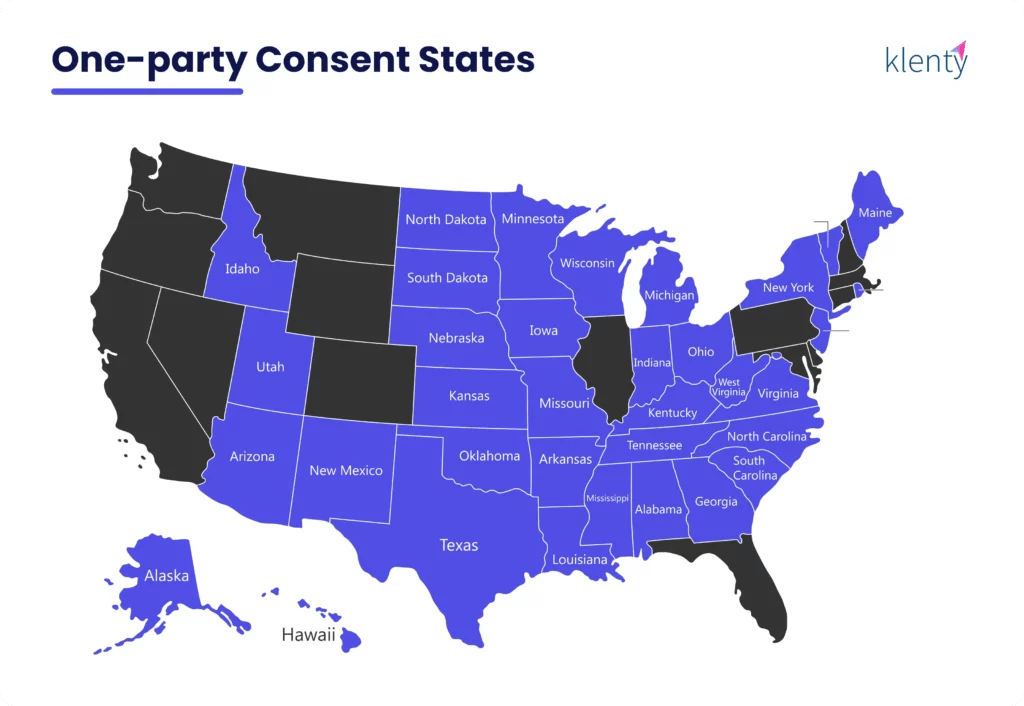In the realm of special education, the term "SPED dual consent states" refers to the legal framework surrounding the consent required for certain educational interventions and services. This concept is crucial for educators, parents, and administrators as it outlines the rights and responsibilities of all parties involved in a child's education. Proper understanding of these dual consent laws can significantly impact the quality of education that children with disabilities receive. Moreover, navigating these laws can be complex, and it is essential for stakeholders to be informed and proactive in their approach.
As the landscape of special education continues to evolve, so do the regulations and guidelines governing it. SPED dual consent states emphasize the importance of collaboration between parents and educational institutions. This collaboration ensures that children receive tailored interventions that align with their unique needs while respecting the rights of the parents as decision-makers in the process. Consequently, an understanding of dual consent laws can empower parents and educators to work together more effectively.
In this article, we will explore what SPED dual consent states entail, the specific requirements, and how they affect the delivery of special education services. We will also address common questions surrounding this topic to provide clarity and understanding for all involved. By the end of this guide, readers will be equipped with valuable insights into navigating the complexities of special education law, particularly in dual consent states.
What are SPED Dual Consent States?
SPED dual consent states are jurisdictions that require consent from both parents and the school before any significant educational interventions can be made for students with disabilities. This legal requirement is designed to protect the rights of students and ensure that parents are actively involved in their child's education.
Why is Dual Consent Important in Special Education?
Dual consent plays a crucial role in fostering communication and collaboration between parents and schools. Here are some reasons why dual consent is essential:
- Encourages parental involvement in the education process.
- Ensures informed decision-making regarding educational interventions.
- Protects the rights of students by requiring consent from both parties.
- Promotes transparency and trust between parents and educators.
Which States Have SPED Dual Consent Laws?
Not all states have the same regulations regarding dual consent in special education. The following states are known for having SPED dual consent laws:
- California
- Florida
- Texas
- New York
- Illinois
How Do SPED Dual Consent States Operate?
In SPED dual consent states, the process typically involves several key steps:
- Identification of the need for special education services.
- Development of an Individualized Education Program (IEP) in collaboration with parents.
- Obtaining consent from both parents and the school before implementing the IEP.
- Regularly reviewing and updating the IEP based on the child's progress.
What Happens if Consent is Not Obtained?
If consent from either party is not obtained, schools may face limitations in providing necessary services. This can lead to delays in intervention and potentially impact the child's educational outcomes. It's important for both parents and educators to communicate openly to avoid misunderstandings and ensure that consent is granted in a timely manner.
How Can Parents Ensure Their Rights Are Protected?
Parents play a pivotal role in the special education process, and there are several steps they can take to protect their rights:
- Stay informed about their rights under the Individuals with Disabilities Education Act (IDEA).
- Request regular meetings with school officials to discuss their child's progress.
- Document all communications with the school regarding their child's education.
- Seek assistance from advocacy groups if needed.
What Resources are Available for Parents and Educators?
Several resources are available to assist both parents and educators in navigating the complexities of SPED dual consent states:
- Local and national advocacy organizations focused on special education.
- State education agencies that provide guidance on special education laws.
- IEP workshops and training for parents and educators.
- Online forums and support groups for sharing experiences and advice.
Conclusion: Understanding SPED Dual Consent States
In summary, SPED dual consent states play a vital role in the landscape of special education, promoting collaboration and communication between parents and educational institutions. By understanding the requirements and processes involved, stakeholders can ensure that children with disabilities receive the support they need to succeed. Awareness of these laws empowers parents and educators alike, fostering a supportive environment for the educational growth of all students.
Article Recommendations
- Burger And Fries Near Me
- Keith Washington Singer
- Jojo Siwa Real Name
- Iran Mens National Soccer Team
- Brother My Brother
- David Lee Rothaughter
- Notre Dame Football Coaches History
- Glen Powell Top Gun
- Christian Keyes Relationship
- Janet Mcteer Height
Also Read


